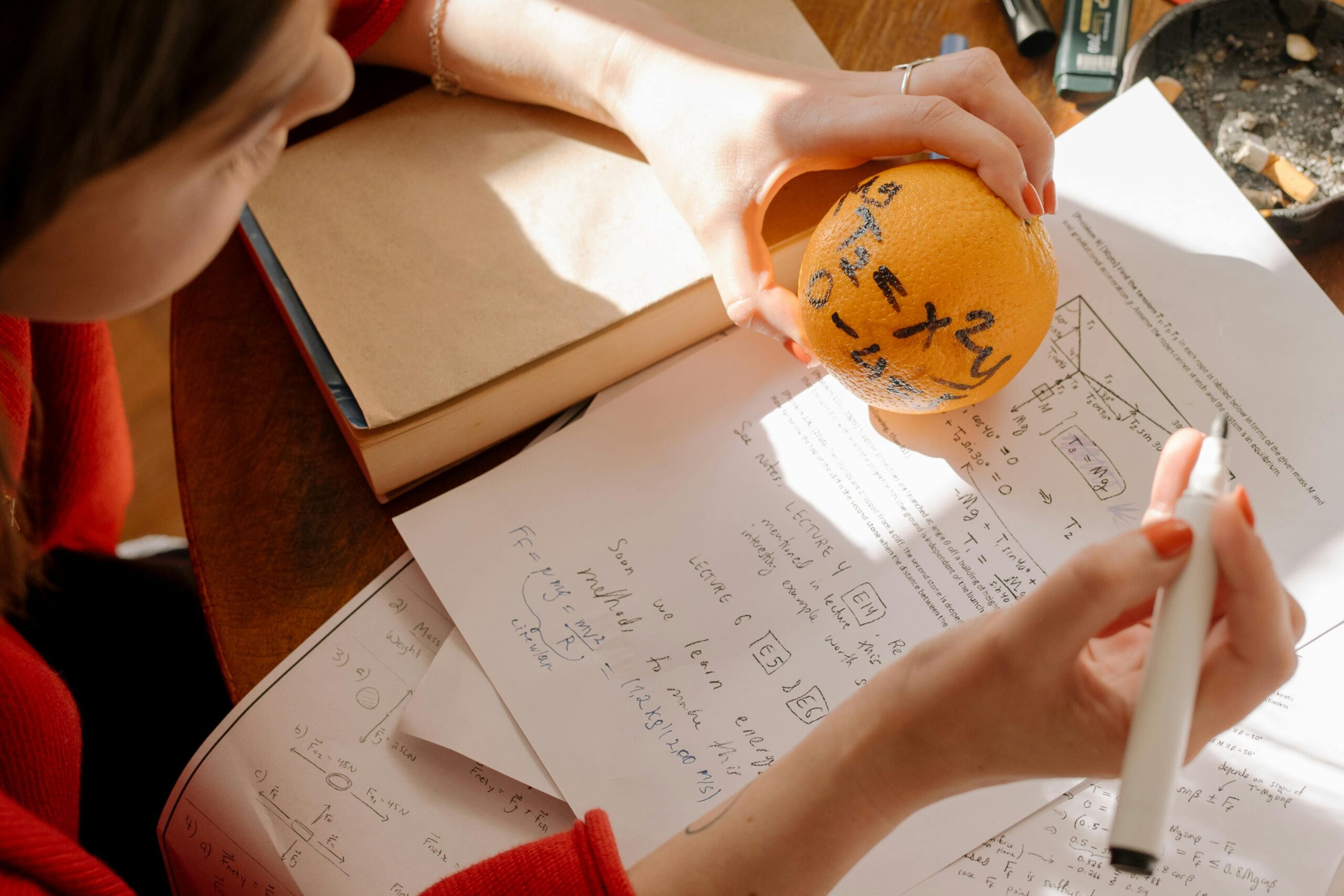The student’s guide to living comfortably in Germany
You came for the degree — but you might just stay for the lifestyle.
From quiet streets and mountain trails to endless types of bread and deeply structured social habits, student life in Germany is both refreshing and grounding. But there’s more to it than what travel guides and YouTube channels show.
Here, we go deeper — into the why, the how, and the what students wish they’d known earlier.
Daily politeness and public etiquette in Germany: built-in respect in public life
Germans are polite — but not in a superficial way. There’s structure, space, and predictability in how people behave in public, and it makes life easier once you understand the rhythm.
- Greet shopkeepers and neighbors — always
- Don’t speak too loudly in public
- Wait for the green light at crossings — even if there are no cars
🔍 Student tip (cultural fluency)
In German, Sie (formal „you“) is the default when speaking to anyone you don’t know well — teachers, bus drivers, shop staff. Use du (informal „you“) only when invited.
Cleanliness and order: more than rules — it’s a mindset
Germany’s culture of Sauberkeit (cleanliness) and Ordnung (orderliness) goes far beyond bins and timetables. It’s a national value — and it applies to everything.
- Separate your recycling into at least 4 bins (paper, plastic, organic, residual).
- Return bottles to the supermarket and get Pfand (deposit money) back — often €0.25 per bottle.
- Keep quiet hours: after 10 p.m., no loud music, drilling, or parties.
🔍 Student tip (housing survival)
If you’re living in a WG (shared flat), follow these house rules for a harmoneous student life while in Germany:
- Clean common spaces on your assigned day
- Inform flatmates before hosting visitors
- Always say “Hi” and “Tschüss” when entering or leaving
Sundays, silence & nature: the triple therapy of German weekend culture
One of the most cherished parts of German lifestyle is how deeply connected people are to their environment. Not just sustainability — but silence, rest, and presence.
- Many Germans spend Sundays walking in parks or forests (Spaziergang)
- Shops are closed — it’s not a hassle, it’s a ritual
- Nature is considered restorative, not just scenic
🔍 Student tip (weekend planning)
Stock up on essentials by Saturday afternoon — grocery stores and pharmacies are closed Sundays.
Not sure where to go? Use Komoot or DB Ausflug apps for great local hikes and trips, all accessible by public transport.
Affordable food & student-ready cuisine in Germany
Germany is full of culinary surprises — and student-friendly prices if you know where to look. Just because you’re on a student budget, that doesn’t have to affect your student life in Germany
- Mensen (student canteens) serve fresh hot meals starting from €2.50–€4.00
- Kebabs, falafel wraps, and bakery sandwiches can be a full lunch for under €5
- The weekly market in your neighborhood will often sell fresh produce cheaper than supermarkets
🔍 Student tip (budget food upgrade)
Look for student lunch specials (Mittagsmenü) at local cafés — especially near campuses.
Always carry cash — smaller places may not accept cards. And yes, tipping ~5–10% is polite, even at casual places.
Work-life balance and local leisure: you’ll learn to slow down
Germans don’t define themselves by how busy they are. Instead, life is built around:
- Predictable schedules (classes, meals, holidays)
- Time for real relaxation — at home or outdoors
- Social rituals like coffee and cake (Kaffee und Kuchen) in the afternoon
🔍 Student tip (academic-life harmony)
Don’t overload your semester. Most full-time students in Germany take 3–5 modules per semester. Use the extra time for internships, hobbies, or language courses which can help enrich your student life experience while in Germany.
Bonus tips for international students in Germany
- Do your laundry on time — many apartments share washing machines. Booking a slot matters.
- Join a Stammtisch — these casual student meetups (usually in pubs or cafés) are great for practicing German and meeting locals.
- Always read your rental contract carefully — check for Nebenkosten (utilities), Kaution (deposit), and whether furniture is included.
- Register at the city hall (Anmeldung) within 14 days of moving in — you’ll need it to open a bank account and for visa paperwork.
- Keep all your paperwork — contracts, proof of insurance, visa copies, student IDs. Germany loves documentation.
Final thoughts: a lifestyle that teaches more than just academics
Living in Germany as an international student isn’t just about studying in a foreign country.
It’s about discovering how routine, structure, and simplicity can create freedom. From clean streets and calm minds to spontaneous weekend trips and deep friendships, the German lifestyle might quietly become the most unexpected benefit of your degree.
If you’re looking to understand how students balance this lifestyle with work experience, be sure to read our guide: 👉 Finding a student job in Germany: A guide for international students to build their future.
Need more help or want to chat with other students?
Join our forum to ask questions, share experiences, and get support. Whether you’re preparing for the TestAS, applying for university, or settling into a new apartment, edulink offers expert guidance, resources, and cultural insight.








Leave a Reply